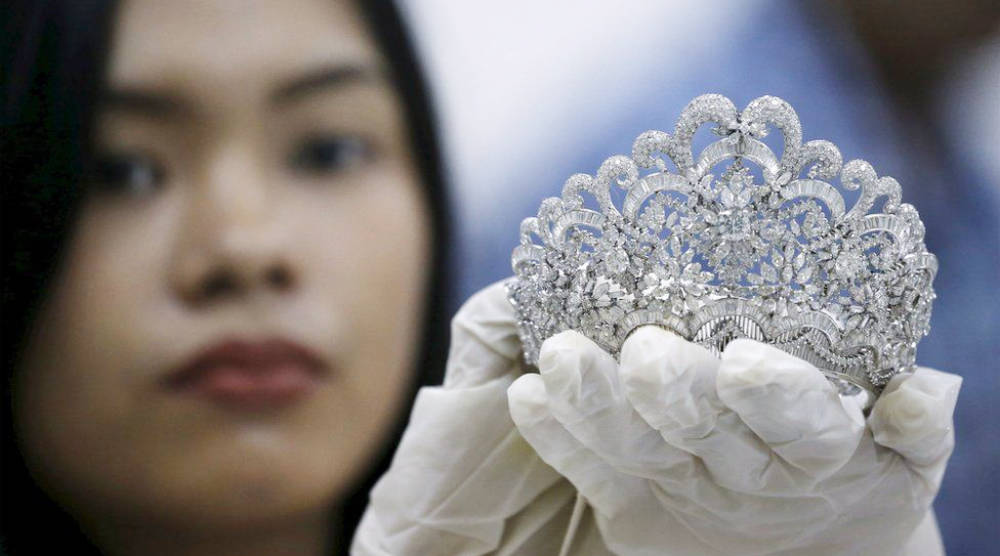DAVAO CITY: A Philippine commission created to recover the unexplained wealth accumulated by the late dictator Ferdinand Marcos and his associates has vowed to continue the hunt under the presidency of his namesake son.
Marcos led the Philippines from 1965 until he was overthrown by the bloodless popular revolt known as People Power and fled the country in 1986. For part of his time in office, he declared martial law, a period marred by numerous human rights violations.
The Marcos family and its associates have been accused of plundering an estimated $10 billion from the country while millions of Filipinos suffered in poverty.
Marcos’s wife was noted for displays of wealth that included lavish shopping trips to New York, spending millions on jewelry and art.
The Presidential Commission on Good Government, established shortly after the former dictator left the Philippines, has been mandated to prevent cases of corruption and recover “all ill-gotten wealth accumulated by former President Ferdinand E. Marcos, his immediate family, relatives, subordinates and close associates, whether located in the Philippines or abroad.”
It has so far retrieved about half of the riches and concerns are mounting whether it will be able to continue its duties as Ferdinand Marcos Jr. will officially become the next Philippine president on June 30, after winning a landslide victory in last month’s vote.
“Since the creation of the agency, we have recovered around $5 billion,” PCGG Chairman John Agbayani told Arab News earlier this week, adding that the commission was “still committed to performing its mandate on recovery.”
“Incoming President Marcos stated that he will not abolish PCGG or initiate any move to that effect,” he said.
But while Agbayani said that the agency would not relinquish its mandate, it is the president who has the authority to appoint PCGG commissioners. He can also assign the agency tasks.
The president-elect’s spokespersons were not available for comment despite repeated attempts to reach them, but Marcos himself said during his presidential campaign that he would strengthen the anti-graft body to pursue all corrupt government officials.
“You could say that the first time it was organized, it was really an anti-Marcos agency, nonetheless, we could turn it into a real anti-corruption agency,” he said in a TV interview on April 26.
But the Marcoses are still defendants in dozens of cases related to their wealth. The president-elect’s 92-year-old mother, Imelda Marcos, is appealing her conviction on seven separate graft charges in 2018 — each carrying a maximum prison term of 11 years.
Critics doubt whether the remaining assets will be recovered by the Philippines, especially in the near future.
“With Marcos Jr. assumption into power on June 30, I doubt the effort to strengthen the PCGG will happen,” Congressman Carlos Isagani Zarate said. “Marcos can even abolish that agency.”
But some vow to pressure the new administration for agencies such as the PCGG to uphold their mandates.
“It’s public interest,” Samira Gutoc, a former legislator in Mindanao who represents the opposition Aksyon Demokratiko party, told Arab News. “They have to show to the people they are working. We need pressure from external groups.”




